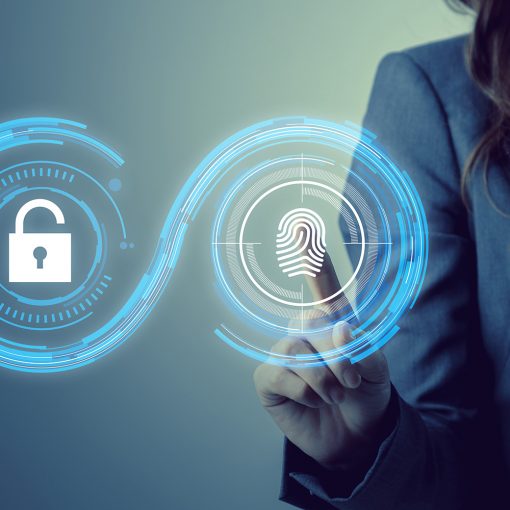
By David Mollicone.
The immense time and energy-saving benefits of technology are no secret, even in the legal field. And the increased use of technology in litigation has created a number of efficiencies related to evidence authentication. Now, amended Federal Rules of Evidence (“FRE”) have been adopted by the federal bar in order to further enhance these efforts.
Authenticating electronic evidence previously required live testimony from a process that was both costly and time consuming for all parties involved. The introduction of amended FRE 901 and 902, which regulate the authentication of electronic evidence, have streamlined this process. The new FRE 901 dictates the process of extrinsically authenticating or identifying a piece of proposed evidence, while FRE 902 guides the circumstances in which evidence can be self-authenticating.
Under FRE 902, certain types of evidence and collection methods are considered self-authenticating. The circumstances in which this is true, and where parties do not need to introduce extrinsic evidence of authenticity, are as follows:
- (1) Domestic public documents that are sealed and signed
- (2) Domestic public documents that are not sealed but are signed and certified
- (3) Foreign public documents
- (4) Certified copies of public record
- (5) Official publications
- (6) Newspapers and periodicals
- (7) Trade inscriptions and the like
- (8) Acknowledged documents
- (9) Commercial papers and related documents
- (10) Presumptions under a federal statute
- (11) Certified domestic records of a regularly conducted activity
- (12) Certified foreign records of a regularly conducted activity
Under new federal guidelines, two more circumstances have been added to the list of self-authenticating electronic evidence:
- (13) Certified records generated by an electronic process or system
- (14) Certified data copied from an electronic device, storage medium, or file
These amendments to FRE 902 will play a significant role in the courtroom. No longer are live witnesses needed (in most cases) to authenticate certain machine-generated data and/or forensically collected electronic evidence. This will surely create time, money and energy-saving efficiencies for the court and for attorneys.
It’s important to note that these amendments still offer ample opportunities for objection. Authenticating electronic evidence is the first step toward admission. Once authenticated, evidence must be submitted to all parties within a reasonable timeframe that allows adequate time to inspect and/or object to the evidence. If no objections are made, the evidence can be legally admitted.
While the Federal Bar has determined that these amendments to FRE 902 were necessary, the state of Michigan has yet to adopt these changes. Thus, many proposed pieces of evidence must be framed as business reports, which are self-authenticating under FRE 902. Otherwise, FRE 901 dictates that a live witness is needed for evidence to be authenticated.
Although these amendments streamline the process of admitting evidence, they are by no means an “end-all, be-all” when it comes to authentication of evidence. There is still refining to be done in the process of self-authentication, which is why it is important to work with a legal expert who understands the nuances of these situations and can work on your behalf within the rules of the system for a favorable outcome.

